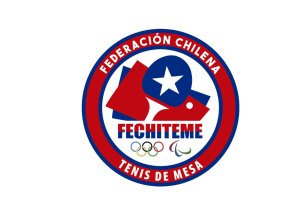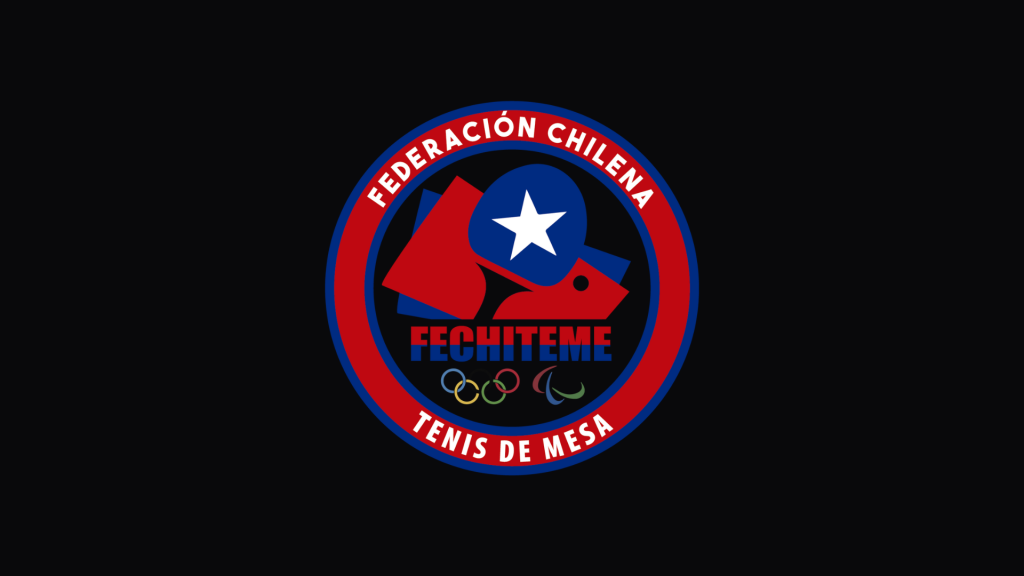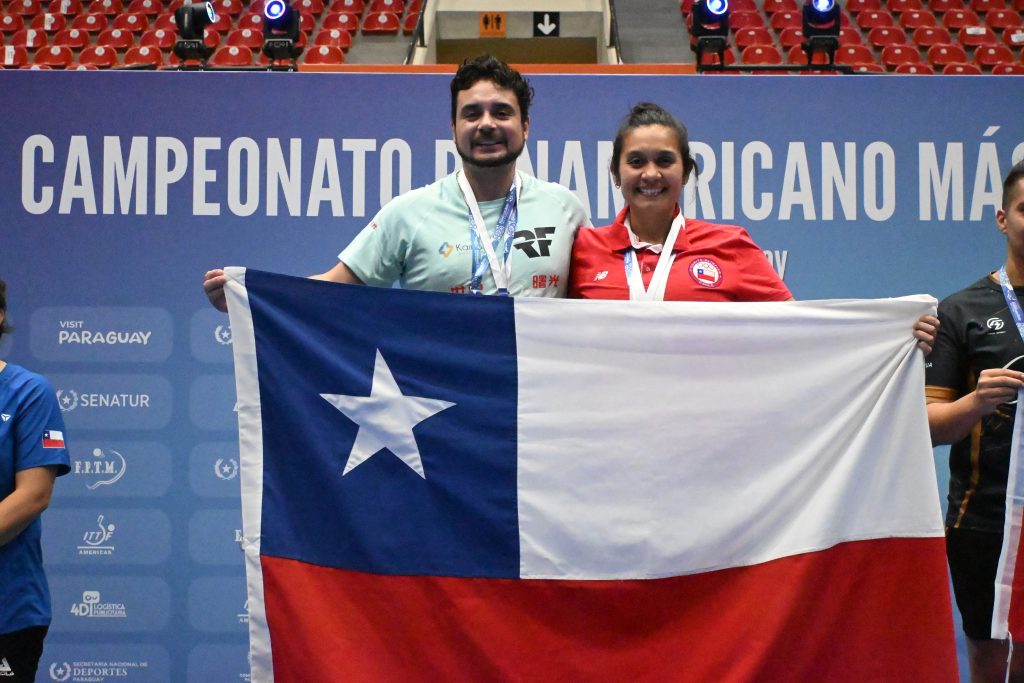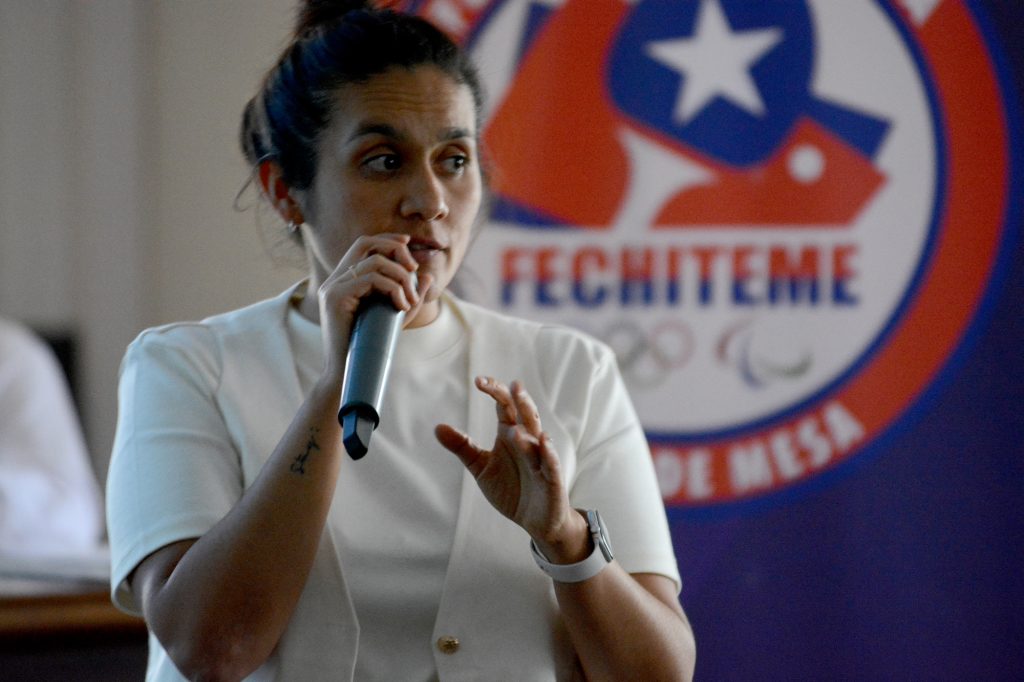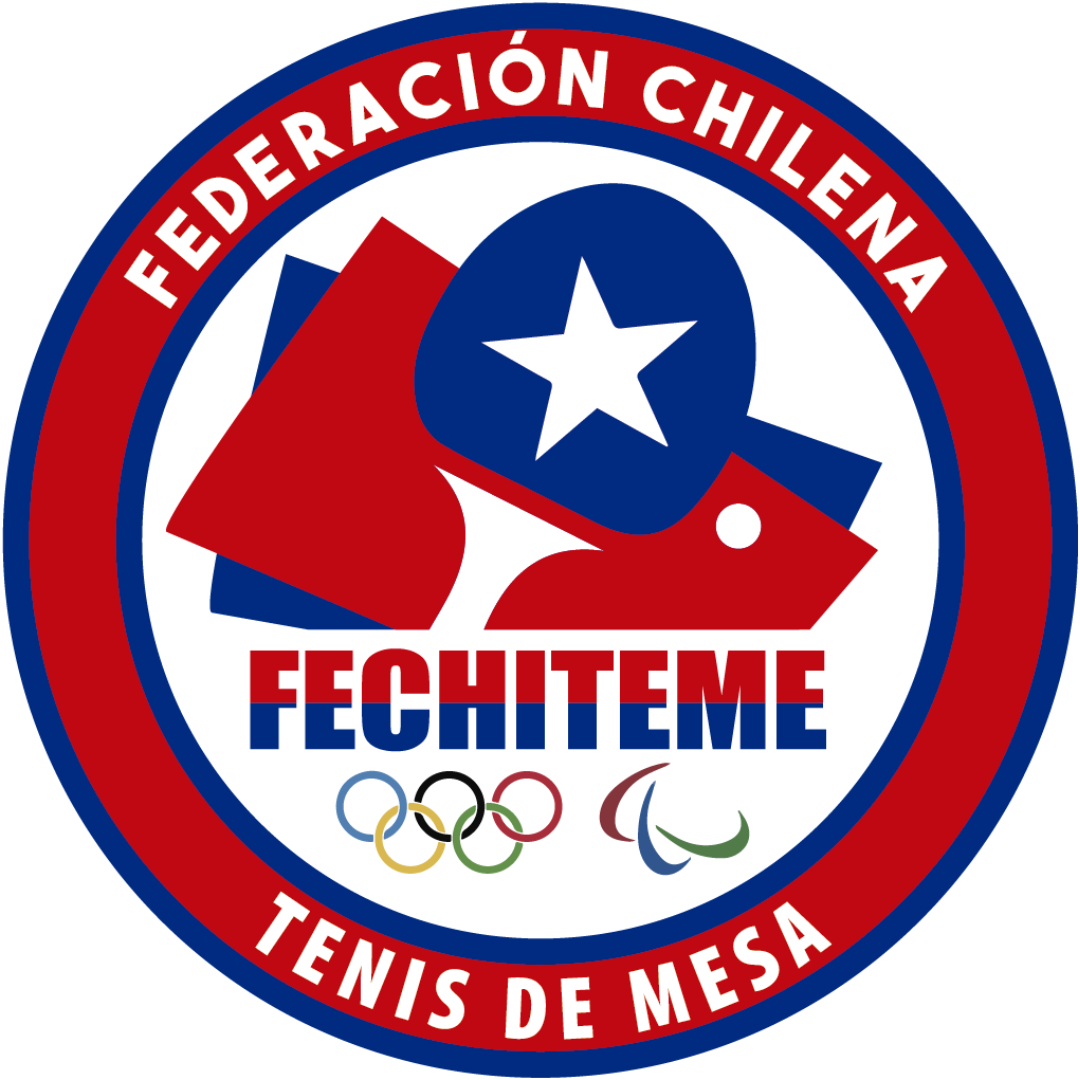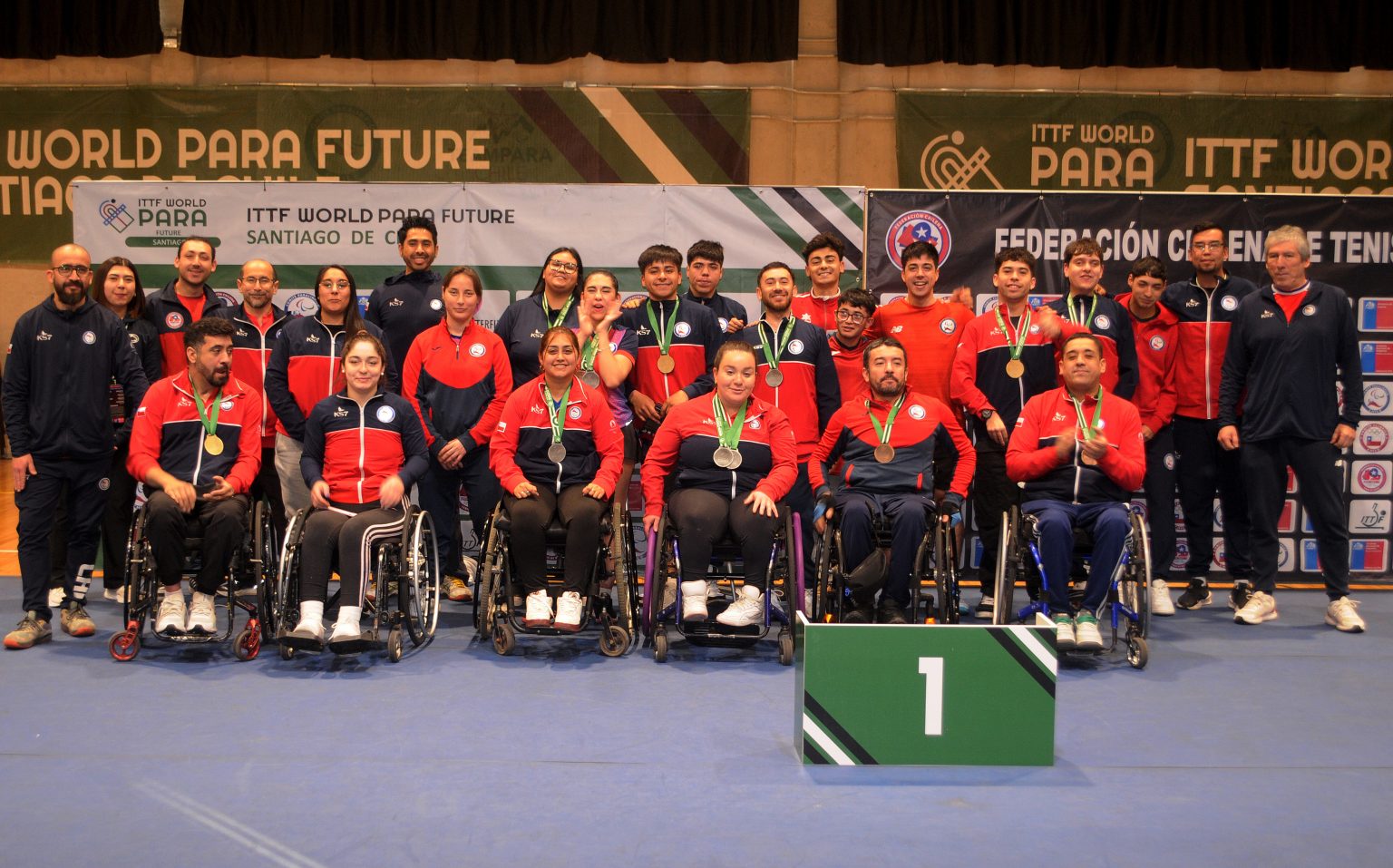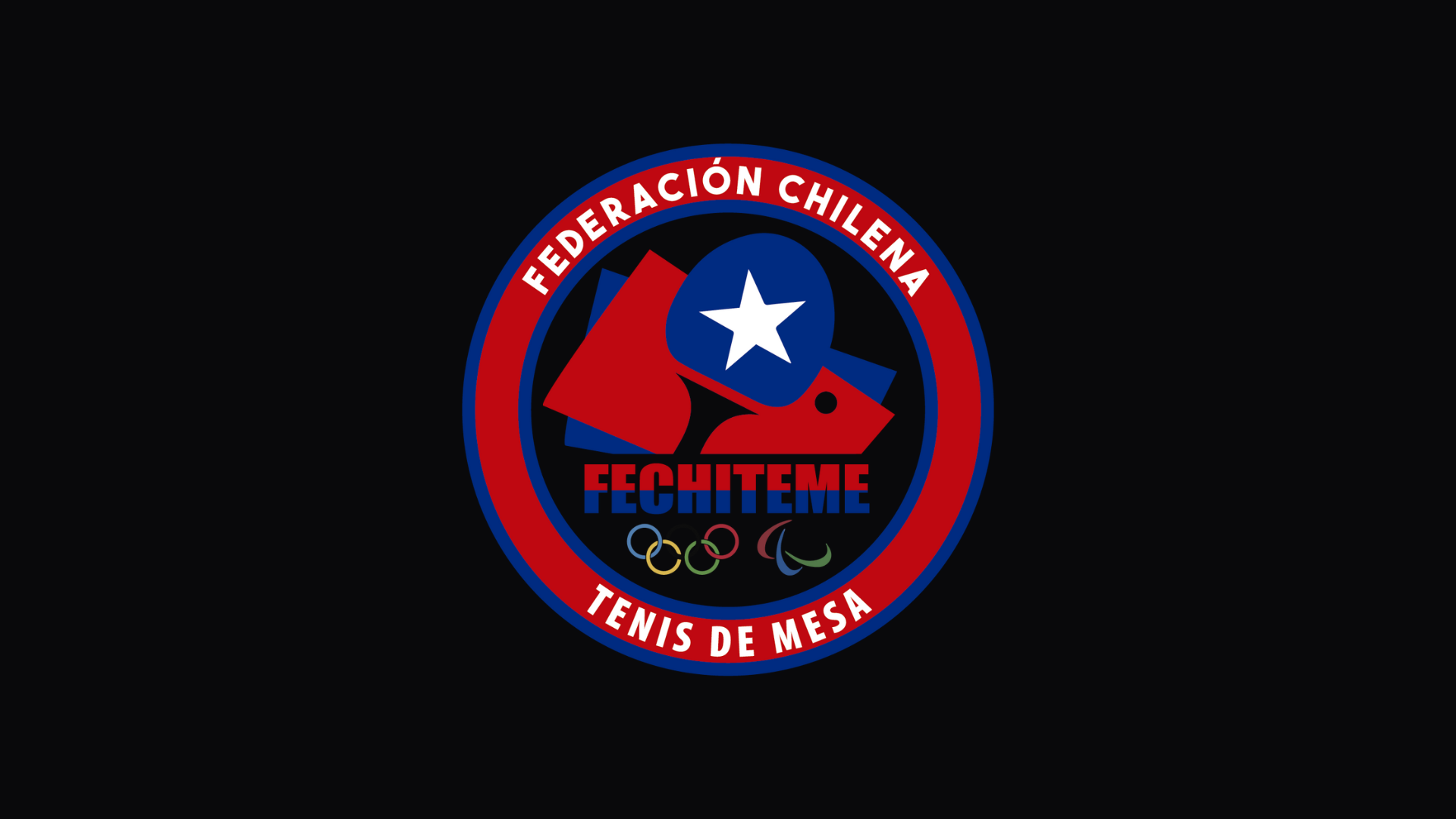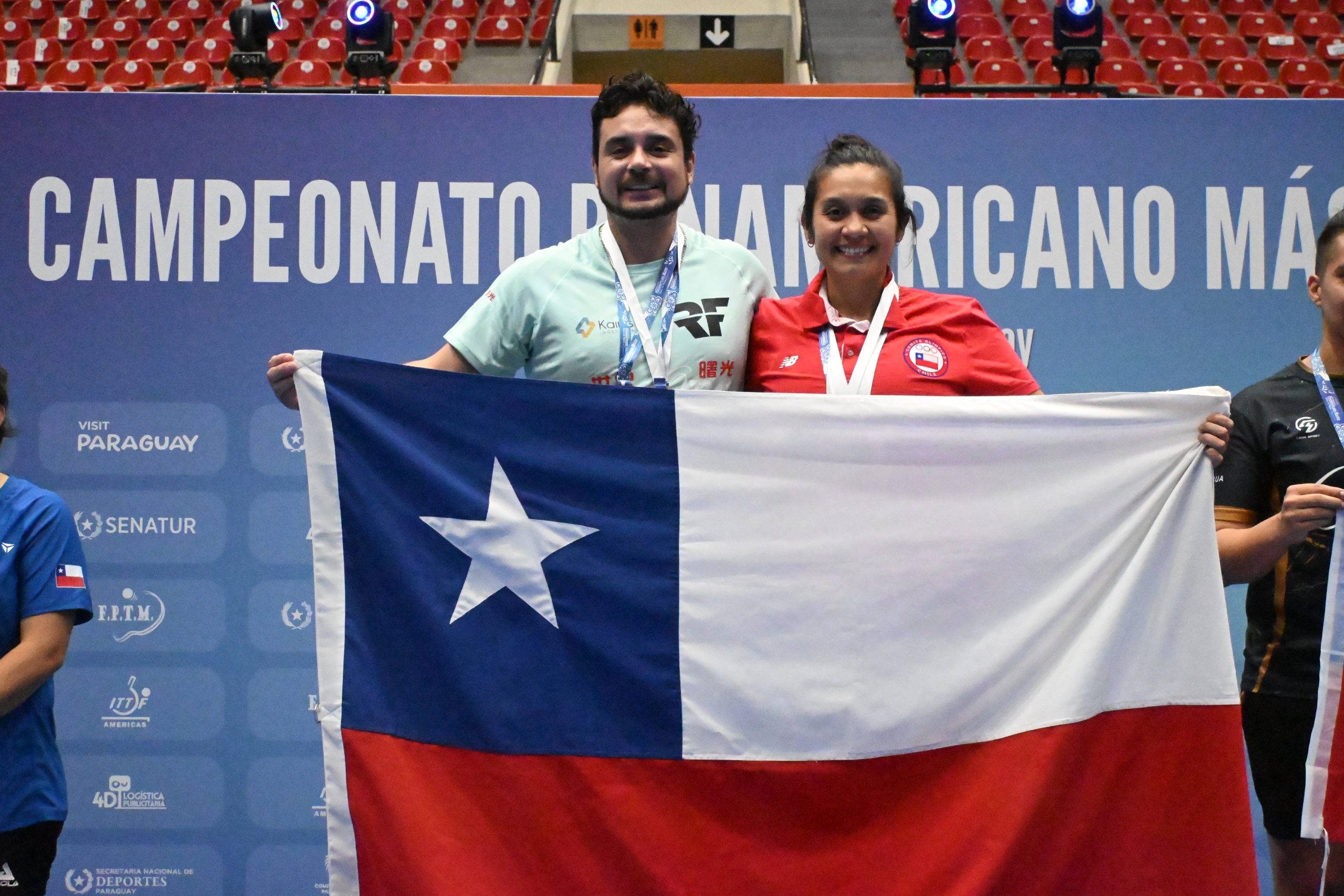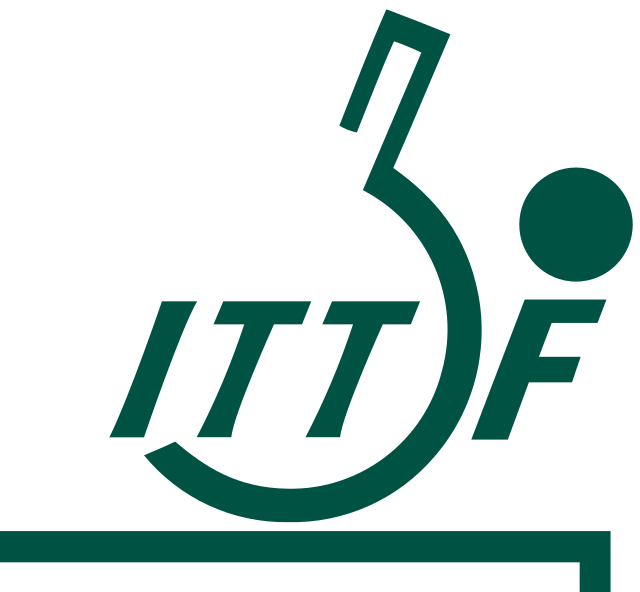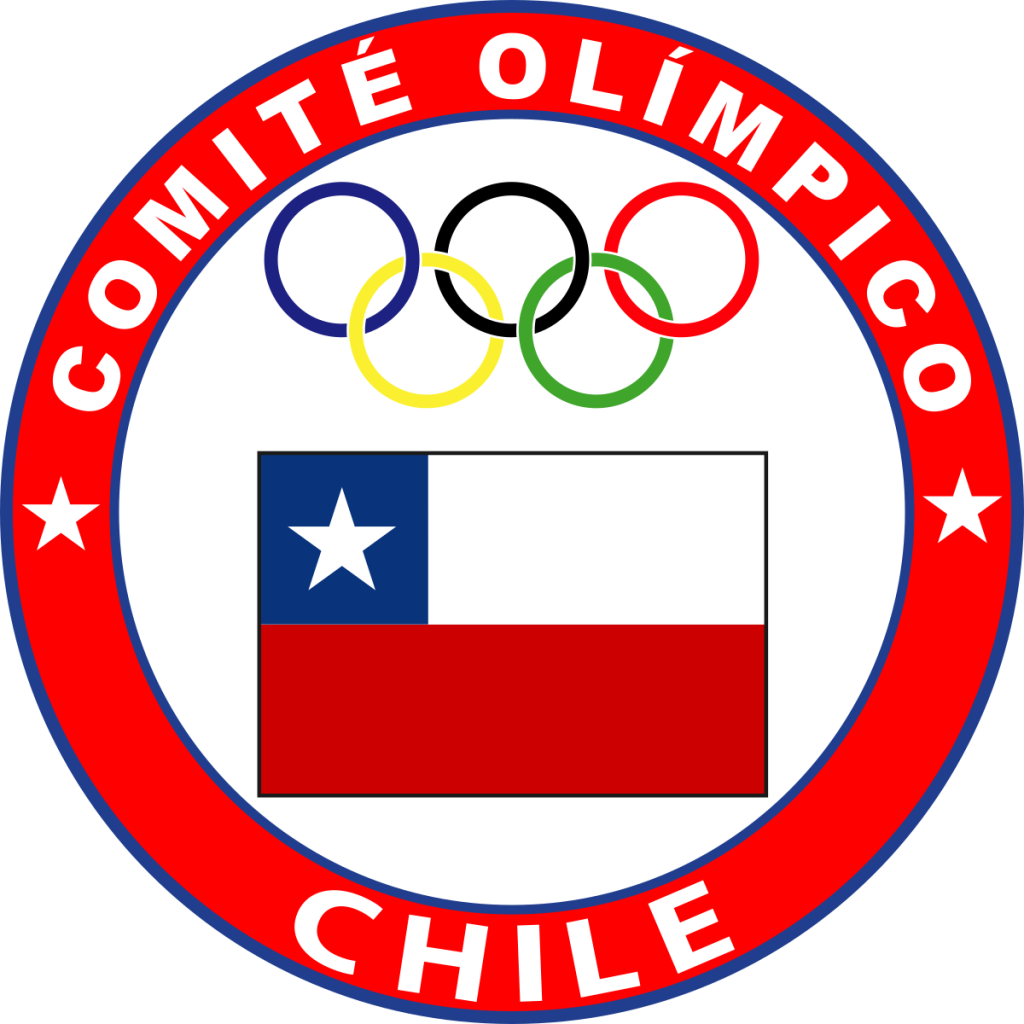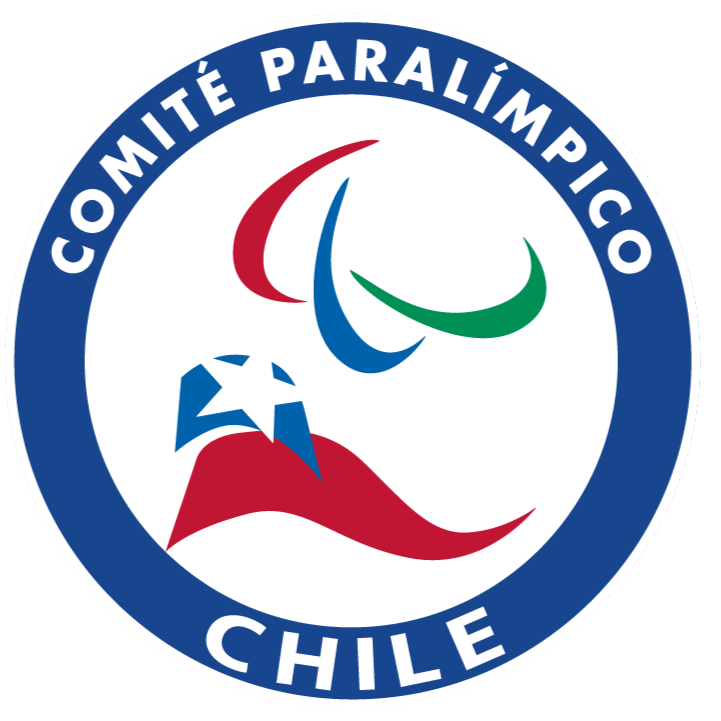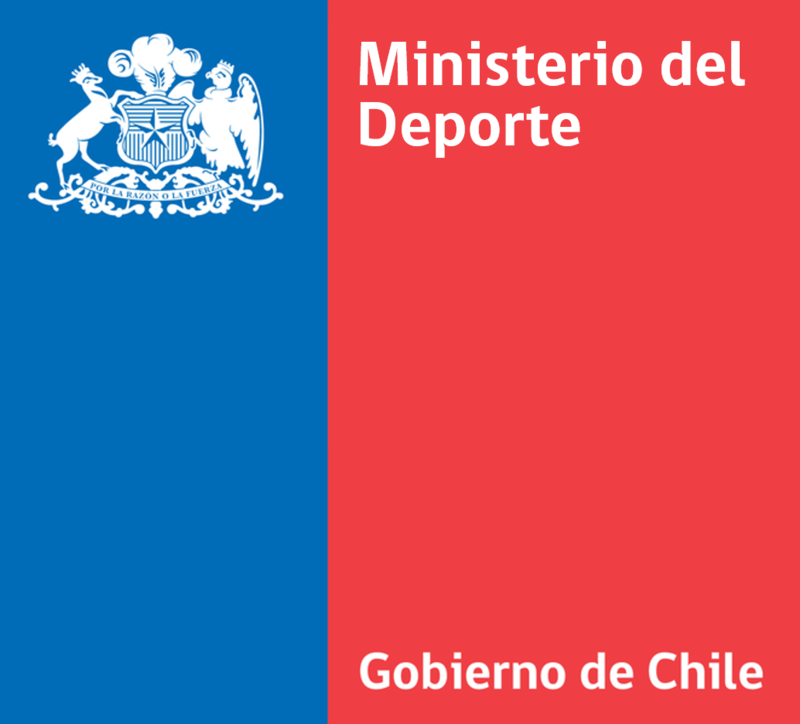Until 2024, Para table tennis in Chile followed the same path as most countries worldwide—governed by the National Paralympic Committee, Copachi. But inspired by the ITTF’s groundbreaking integration of Para table tennis in 2007, Chile’s national federation, Fechiteme, embarked on an ambitious transformation that would reshape the sport’s future in the country.
In 2023, Fechiteme began what would become a model integration process, guided by the expertise of Omar Refaat and Carlos Esnard from the ITTF development department. Rather than rushing into change, they methodically worked through the ITTF Para table tennis integration online service—a comprehensive training programme designed to navigate the complex challenges federations face during transition.
The training addressed three critical areas: institutional restructuring, sport technical development, and financial management. This systematic approach ensured that every aspect of the transition was carefully planned and executed.
What made Chile’s integration particularly successful was its collaborative spirit. The process wasn’t just between Fechiteme and Copachi—it actively involved the IND (National Institute of Sport, reporting to the Ministry of Sports), ensuring that knowledge transfer was handled professionally and that athletes remained protected throughout the transition.
Crucially, the transfer of governance didn’t signal the end of partnerships. Fechiteme recognised that Copachi’s years of experience in areas such as classification and IPC regulations remained invaluable, creating a foundation for ongoing collaboration rather than institutional rivalry.
The tournament showcases everything the integration process aimed to achieve: top-quality facilities at the Paralympic Training Centre (a lasting legacy from the Santiago 2023 Para Pan American Games) and seamless coordination between both organisations working together as a unified team.
The event represents just the beginning of Chile’s ambitious Para table tennis programme. Plans are already underway for Para training camps, classification seminars, and classification opportunities for intellectually impaired athletes—demonstrating how proper integration creates a platform for sustained growth.
The success speaks through its leaders. Beatriz Campillay, President of Fechiteme, reflects on the collaborative achievement: “This integration process has been possible thanks to the joint effort of all parties: Fechiteme, Copachi, National Institute of Sport, and ITTF. This work synergy allowed us to deliver successfully the ITTF World Para Future Santiago 2025 in the Paralympic Training Centre. Now, it is time to keep up the good work to make Para table tennis grow even more.”
Sebastian Villavicencio, President of Copachi, emphasises the broader impact: “It has been a very enriching endeavour and is paving the way for other federations in Chile. Para table tennis in Chile is a sport that, thanks to sustained and planned work, has reached a standard that allows us to be pioneers in the region and gives us the foundation to dream of new goals. This week we reached another milestone: we can say that Chile organised a top-notch international tournament. I would like to take this opportunity to congratulate Fechiteme and also reaffirm our commitment to continue working together.”
Chile’s integration journey demonstrates that successful change requires more than good intentions—it demands strategic planning, expert guidance, collaborative spirit, and sustained commitment. As others across Latin America and beyond watch Chile’s progress, the MA has established itself as a regional pioneer, proving that thoughtful integration can elevate Para table tennis to new heights whilst strengthening the entire sporting ecosystem.
https://www.ittf.com/2025/06/06/chile-a-blueprint-for-para-table-tennis-integration-success/
